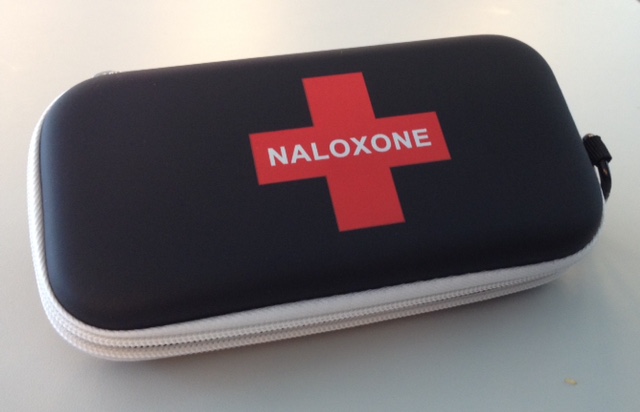Renfrew County health officials are warning people that toxic drugs are in the region.
The Renfrew County and District Health Unit says “a small cluster” of suspected overdose-related deaths have occurred in the county over the last week.
What drugs are causing the deaths has not been confirmed.
But Acting Medical Officer of Health, Dr. Ian Gemmill, says it’s a reminder that all street drugs should be considered highly toxic and potentially fatal.
“We don’t know the source and we don’t know what’s been done with those drugs,” he says. “I’d be the last person to encourage someone to use drugs, but if you’re going to do it, do it smartly by testing first.
“Do small test doses to see how you are. Don’t assume everything’s going to be okay, because this is how people die.”
Gemmill says, throughout the opioid crisis, Renfrew County had lower death rates compared to most regions of Ontario.
But he says 2023 is not off to a good start. He worries fentanyl is currently being mixed with common recreational drugs and being sold on streets.
“In 2021, we had 18 opioid-related deaths,” he says. “And then, more recently, in January we had four deaths in one week. And we’ve had three deaths in the current week. If you multiply it out (that’s on pace for) 150 to 200 deaths per year. That rate is way above what we would normally expect. But it makes us worry that somehow a contaminated drug has come into the community.”
Gemmill says the deaths were not in the Barry’s Bay area, but that doesn’t matter. He says if toxic drugs are in one area of the county, they’re potentially everywhere.
Gemmill also says those who struggle with drug use should ensure they have a Naloxone kit handy. And, he pleads with users to ensure they’re not using while alone.
The health unit says friends, family members and individuals who use street drugs can work together to reduce the risk of an overdose by putting the following measures in place:
- Don’t use alone – if you overdose and are with someone, they can get urgent help.
- Carry a naloxone kit. Naloxone can temporarily reverse an opioid overdose and kits are available for free throughout RCD at local pharmacies and other locations. For more information on where to get a kit please visit this link.
- Don’t mix drugs. Don’t mix drugs with other drugs or alcohol, as it puts you at higher risk of overdosing.
- Go slow. Quality of street drugs is unpredictable. If you are using street drugs, start by using in small amounts (testers or test doses) to check the strength of what you are using.
- Know your tolerance. Risk of overdose increases if you are a new user or have not used in three or more days.
- If you have no other choice than to use alone, always call the Overdose Prevention Hotline 1-888-688-6677 (National Overdose Response Service) to have someone standing by to call for help if needed. A volunteer will check in periodically and call 911 if there’s no response.
The health unit also says understanding the signs of an overdose can help to save a life. These signs can include, but are not limited to:
- Person can’t be woken up.
- Breathing is slow or has stopped.
- Snoring or gurgling sounds.
- Fingernails and lips turn blue or purple.
- Pupils are tiny or eyes are rolled back.
- Body is limp.
All overdoses are a medical emergency and calling 911 is an important step in saving someone’s life.
The health unit asks that people who are aware of overdoses assist by completing RCDHU’s anonymous online Overdose Reporting Form, which is used to support tracking overdoses within the community.
The Overdose Reporting Form does not ask for any identifying information and can be completed directly on RCDHU’s website.
Support is available; the Renfrew County Addiction Treatment System delivers assessment, counselling and treatment programs to individuals who use substances.
Finally, the health unit says, “it’s ok to not be ok. If you, or someone you know are experiencing feelings of stress, anxiety, grief etc. supports can be accessed here.”



